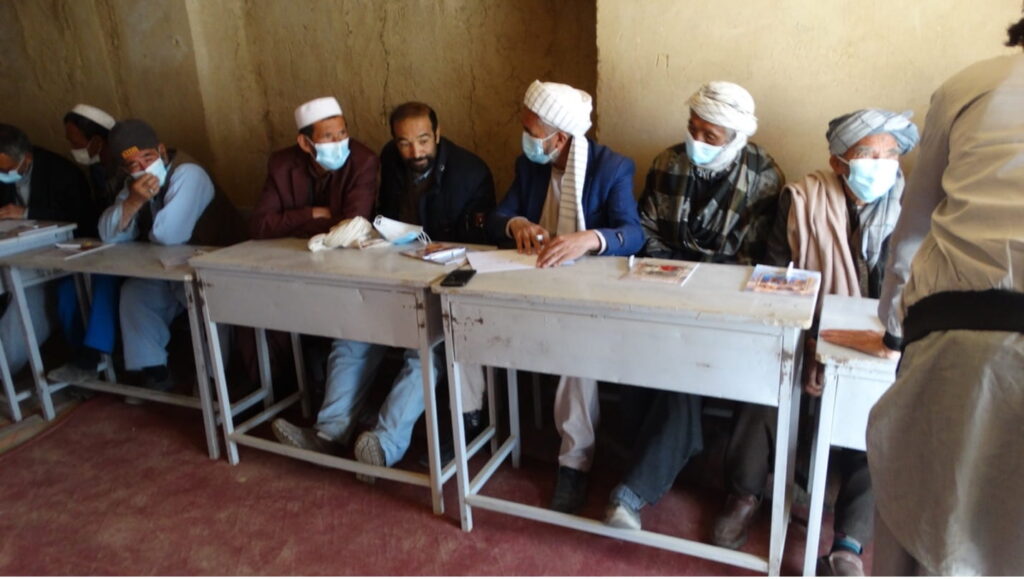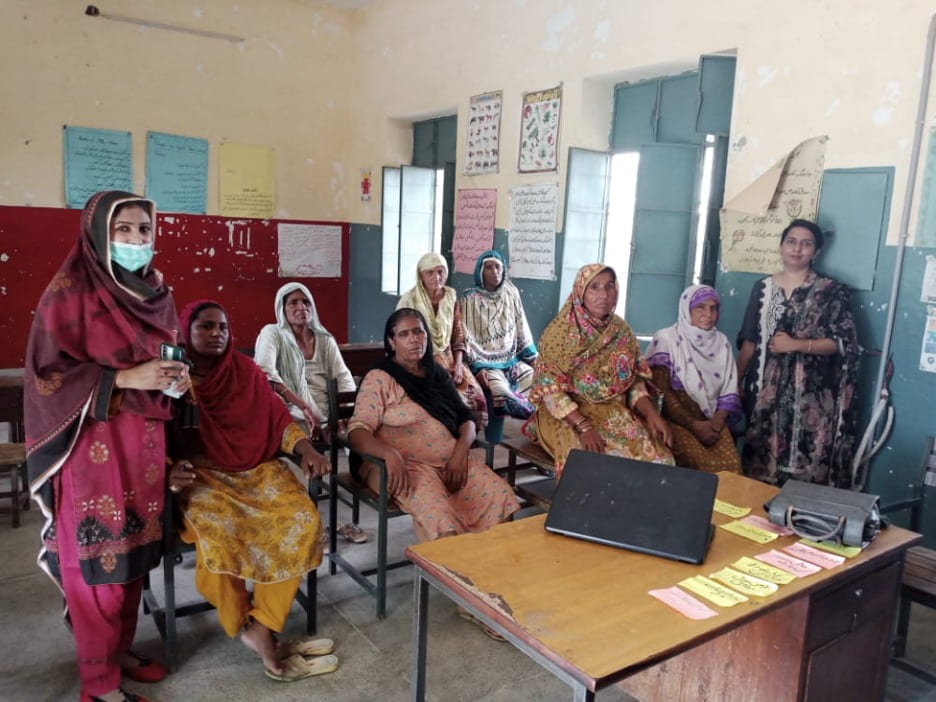Poverty was closely associated with higher rates of dementia among older adults in Afghanistan, according to a recently published study by Jean-Francois Trani, an associate professor at the Brown School.
The results suggest that addressing education, health, employment, and living conditions earlier in life can have an impact on dementia risk in later life, particularly in countries that are frequently in crisis, such as Afghanistan.

“It’s important to start now to understand the causes of dementia so we can change policy to benefit people who will age in the coming decades,” Trani said. “The problem of dementia is growing in low- and middle-income countries, and we can’t explain it just by genetic factors. This research is urgent and it has to be global.”
Trani investigates the intersection of mental health, disability, vulnerability, and poverty with a focus on field research that informs policy and service design for individuals living in conflict-affected nations and other low-income countries. His research has contributed to policy papers of the Ministry of Education and the Ministry of Public Health in Afghanistan. He is an editor of ALTER, the European Journal of Disability Research, and the Revue Tiers Monde.
Trani’s teaching is linked to his professional experience in global health and international development. He involves master and doctoral students in all phases of his research projects.

Related research projects
Education Equity and Quality in Afghanistan and Pakistan (EEQAP)
A five-year study conducted alongside a research team in Afghanistan and Pakistan has led to improved learning outcomes for students in those countries’ primary schools. The team worked with school communities and three partners, Norwegian Afghanistan Committee, Swedish Committee for Afghanistan, and the National Rural Support Program in Pakistan, which support government schools or run community-based schools in rural areas of both countries. Washington University’s Global Research on Inclusion and Disability lab team presented preliminary findings of the EEQAP study at the Society for Social Work and Research 27th Annual Conference in January of 2023.
Children Resilience in Afghanistan Study
The physical and mental well-being of Afghan children are under grave threat in a country where mental health service provision has been extremely limited even in the best of times. Now, with the Taliban regime in place and the collapse of national health services and severe reduction in development and humanitarian support for Afghanistan, the need for mental health support is acute as the country teeters on the edge of economic collapse. Children are at heightened risk of severe mental health impacts during this crisis.
